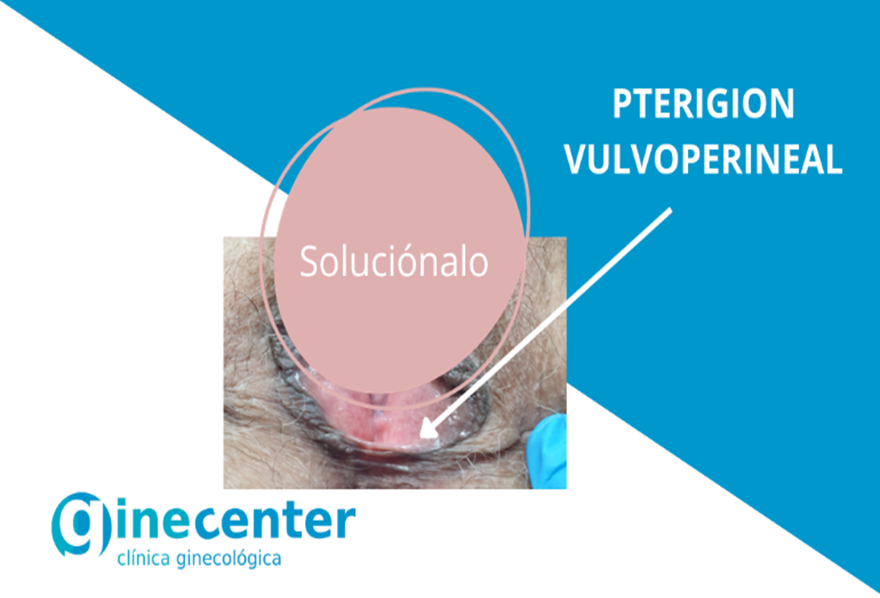Vaginal health is currently considered a fundamental and important pillar to guarantee a woman’s wellbeing as part of the overall care that she requires.
The decrease in oestrogen, typical of the menopause, results in atrophic changes that affect the urinary tract and the genital area, especially the vagina. Unlike hot flushes and night sweats, atrophy does not improve with the passage of time, but on the contrary gets progressively worse, compromising the sexual health and quality of life of patients. It can affect up to 45% of middle-aged and post-menopausal women.
The most common symptom of Genitourinary Syndrome of Menopause is vaginal dryness followed by pain during sexual intercourse and other symptoms such as itching, stinging, burning sensation, increased vaginal discharge and urinary incontinence.
The main objective of the treatment is to alleviate the symptoms.
Among the treatments that have traditionally been used for this purpose, the use of lasers has emerged in recent years as an innovative and effective alternative.
A specialist is required to assess patients during treatment.
At our clinic we want to improve the quality of life of women who suffer from these symptoms with the vaginal laser, with the aim of alleviating these discomforts and recovering the function, structure, and vitality of the genital organs.
There is growing scientific evidence that the use of laser therapies is an efficient treatment option in these types of cases, as it is a non-hormonal, effective, simple, tolerated therapeutic option with no adverse side effects.
Sessions are based on the stimulation of collagen formation leading to the revitalisation of the vaginal and urethral wall.
The use of the gynaecological laser is compatible with other therapies such as the use of hyaluronic acid and platelet-rich plasma.
Usually 3-5 sessions are applied, although the exact number will depend on each patient, with the duration of each session not exceeding more than an hour.
The treatment is performed on an outpatient basis, without surgery and without anaesthesia.


